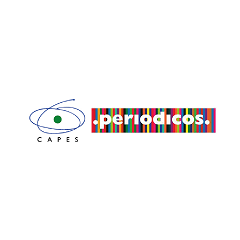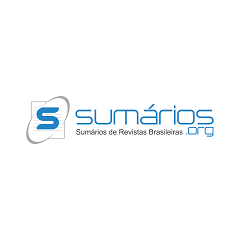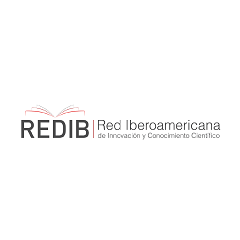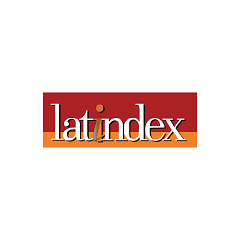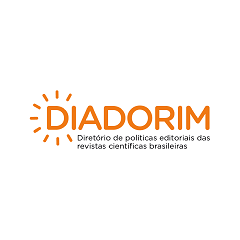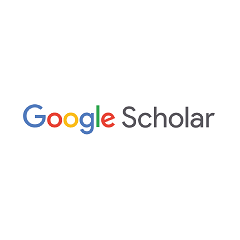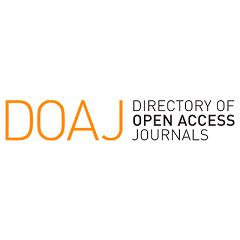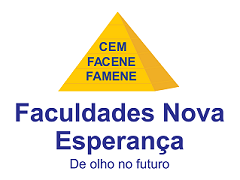SOCIODEMOGRAPHIC AND CLINICAL PROFILE OF FAMILIES AND INDIVIDUALS WITH AUTISM SPECTRUM DISORDER
Sociodemographic and clinical profile of families and individuals with autism spectrum disorder
DOI:
https://doi.org/10.17695/rcsne.vol22.n1.p34-54Keywords:
Form, Autistic Disorder, Autistic Spectrum Disorder, Collective Health, Health ProfileAbstract
Autism Spectrum Disorder (ASD) imposes limitations on individuals and their families, making it necessary to understand these realities to design effective interventions. Therefore, this study aimed to survey the sociodemographic and clinical data of families and individuals with ASD in Mossoró-RN. It is characterized as a descriptive, cross-sectional, and quantitative study, through an active search on social networks and using Google Forms. After the participants had given their consent, a form was used to gather data on the socio-economic and clinical situation of the families. The target population was families with individuals diagnosed with ASD and living in Mossoró - RN. The sample was by convenience, totaling 35 individuals with ASD. Among these, 80% were male, aged between 2 and 19, and the predominant races were white and brown (45.7% each). The most common professional at the time of diagnosis was the neuropediatrician (71.4%), and the most common feeling at this time was fear (34.3%). The diagnosis was received at a late stage by the majority (42.9%), and 25.7% felt satisfied with having received it. About being monitored by health professionals, the majority reported having been (97.1%); however, this monitoring is minimally provided by the Brazilian Unified Health System (SUS) (20%). The most frequently cited day-to-day difficulties were food restrictions (65.7%) and communication (62.9%). Concerning the caregivers' data, there was a prevalence of females (97.1%), with an age range from 23 to 53 years, married (65.7%), with a high school education (40%), and who did not work (54.3%), with a monthly income of one minimum wage (40%). The urban area prevailed as their home (97.1%). Based on these results, it was possible to identify a profile of individuals and families with ASD in the city of Mossoró, highlighting the need for more targeted public policies and assistance.
Downloads
Published
How to Cite
Issue
Section
License
Copyright (c) 2024 Revista de Ciências da Saúde Nova Esperança

This work is licensed under a Creative Commons Attribution-NonCommercial 4.0 International License.
-
Declaro minha participação efetiva na elaboração do trabalho acima intitulado e torno pública minha responsabilidade por seu conteúdo. Certifico que o manuscrito representa um trabalho original e que nem este ou qualquer outro trabalho de minha autoria, em parte ou na íntegra, com conteúdo substancialmente similar, foi publicado ou enviado a outra revista, seja no formato impresso ou eletrônico; e que todos os procedimentos éticos foram tomados objetivando sua publicação.
Adicionalmente,
- Declaro que, em caso de aceitação do artigo, a Revista de Ciências da Saúde Nova Esperança, ISSN 2317-7160 passará a ter os direitos autorais a ele referentes, incluindo modificações para o melhor entendimento do conteúdo, que se tornará propriedade exclusiva da Revista, sendo liberada a reprodução total ou parcial em qualquer outro meio de divulgação, impresso ou eletrônico, desde que citada a fonte, conferindo os devidos créditos à Revista de Ciências da Saúde Nova Esperança.
- Declaro que não houve plágio e tenho conhecimento que o plágio representa um crime previsto no artigo 184 do Código Penal.
- Declaro, como autor responsável pela submissão, que nem eu e nenhum um dos autores que compõe a autoria desse manuscrito possuímos conflito (s) de interesse (s) relacionado (s) ao artigo. Que seja de natureza pessoal, comercial, política, acadêmica ou financeira.
Estou ciente que se for detectado a falsidade das declarações acima, o artigo será considerado nulo, podendo a informação de cancelamento ser de conhecimento público.





